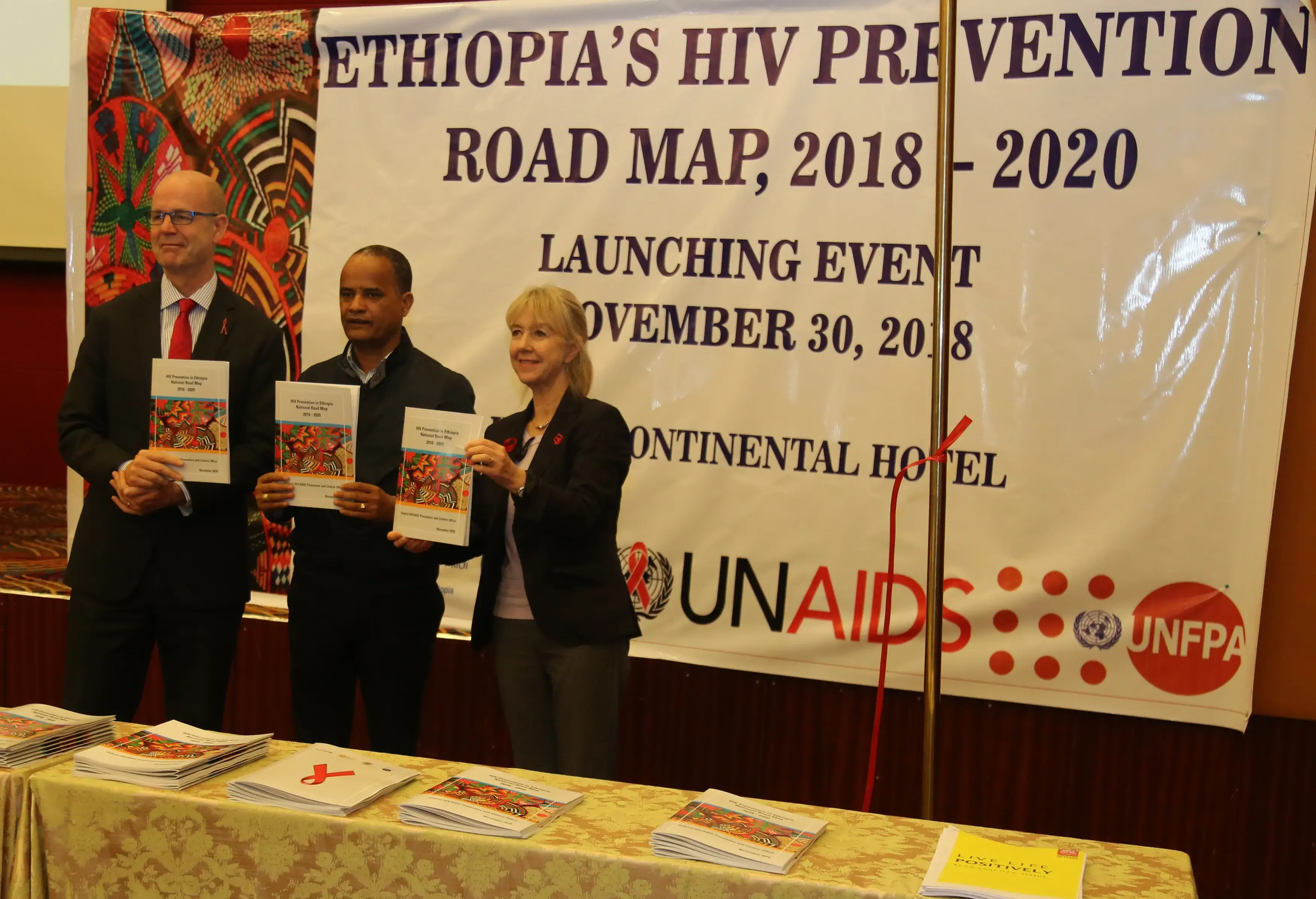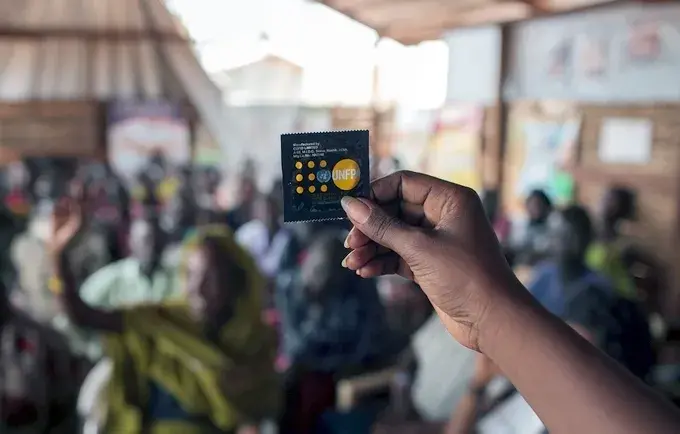The Tigray Regional Health Bureau has reported a dramatic increase in HIV prevalence, with rates now at 3 percent—more than double the pre-conflict figure of 1.4 percent. These findings, unveiled on World AIDS Day 2024 celebration, are based on a study conducted by the Health Bureau between May and September 2024 in collaboration with the Tigray Health Institute and Mekelle University with support from UNFPA.
The study involved a sample size of over 6,000 participants representing various age groups, socio-economic backgrounds, and marital statuses. The participants were distributed across 30 districts, including 20 rural and 10 urban areas. However, certain areas, such as the Western Zone and some Woredas in the Southern Zone, were excluded from the study due to lack of access.
During the commemoration of the World AIDS Day, Dr Amanuel Haile, Head of the Bureau of Health, emphasized that new infections are continuing at a rapid rate with many having been infected within the past year. “Infections didn’t just happen during the conflict; they are an ongoing reality," he noted.
The study indicates an alarming increase in prevalence among vulnerable groups. Internally Displaced Persons exhibited an HIV prevalence of 5.5 percent, while the prevalence among female sex workers (FSWs) has soared to 8.5 percent, according to the study. Notably, more than 65 percent of interviewed FSWs cited livelihood concerns as the primary driver.
In hotspot areas such as Mekoni, more than one out of ten people have the virus. Women and urban residents are particularly affected, with women being twice as likely as men to contract the virus. Conflict-related sexual violence also played a critical role in elevating infection rates. Some 10.4 percent of female respondents reported experiencing sexual violence, with an 8.6 percent HIV prevalence rate.
Causes of increased infection rates have been attributed to negative coping mechanisms associated with the conflict and a deteriorating socio-economic situation. Another compounding factor has been the lack of availability of condoms, and STI prevention services for key populations like FSWs. Additionally, the destruction of health facilities has made it difficult to identify and treat patients.
Berihu Abay, Executive Director of the Association of people living with HIV in Tigray Region, emphasized the concerning trend of HIV prevalence in the region. “In the 90s, we travelled to every corner of the region to raise awareness about the spread of HIV. We worked tirelessly so we would be the last to get infected; it is heart breaking to see that so much of our work has been undone.”
Dr. Amanuel warned that the situation could escalate into a larger epidemic, reversing years of progress made in the region in the fight against HIV/AIDS. He emphasized that the conflict had disrupted access to antiretroviral therapy and other essential services, possibly leading to the development of strains of the virus resistant to anti-retroviral drugs. He also called upon all stakeholders to urgently prioritize the integration of prevention and control of HIV and STIs in their services.
UNFPA calls for the acceleration of the fight against HIV/AIDS including prioritizing sexual and reproductive health and rights and access to ensure these challenges do not perpetuate the spread of HIV.




